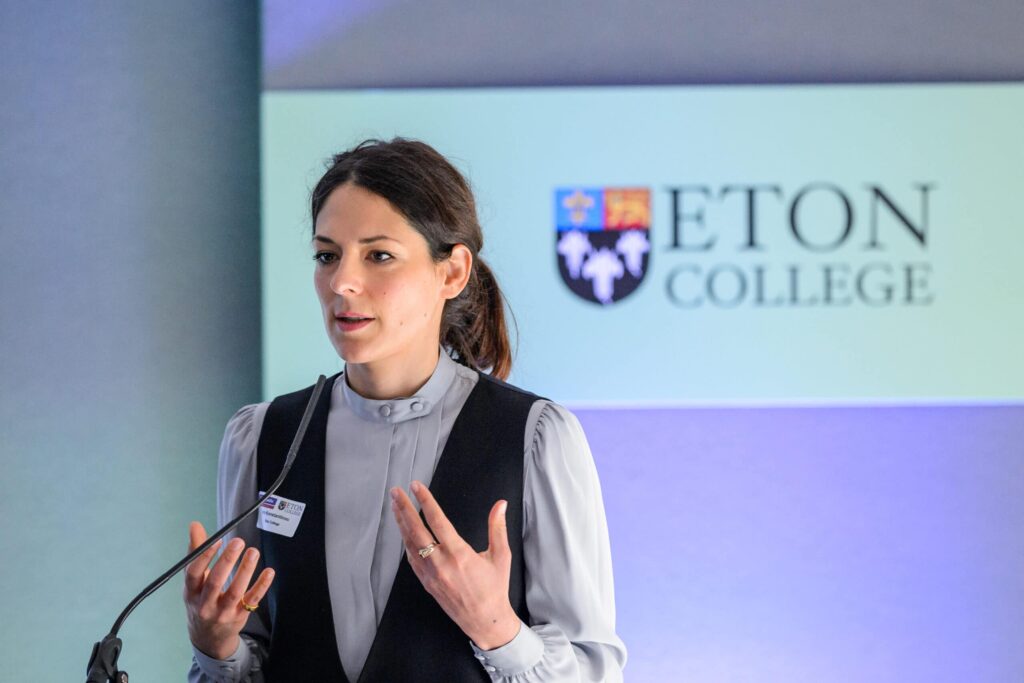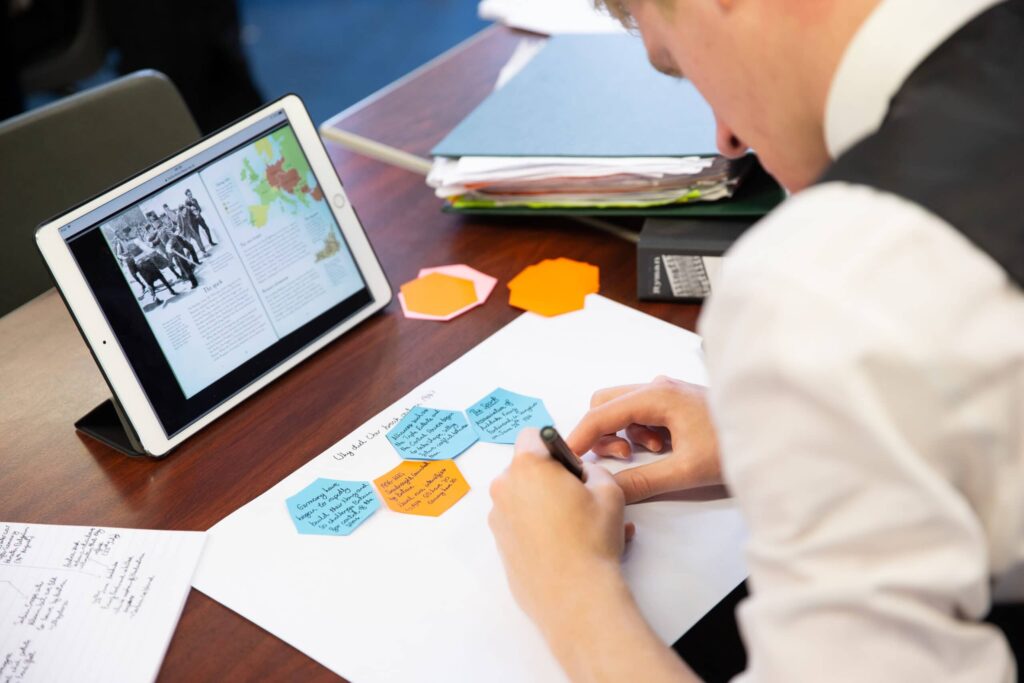In 2021, we conducted research in online learning by getting in touch with experts who have designed, delivered, and pioneered online learning in education. The people we spoke to ranged from those who create asynchronous content, to those who have set up online schools, to practitioners who are using digital tools in their classrooms. The main questions we asked were on:
- Learning design
- Content
- Professional development
- Student engagement online
This is the first blog in a series which covers the main findings from our research.
- We cannot assume that pupils are online learning experts, or that they have uniform levels of skills and confidence. We need to give time and consideration to student induction in order to equip them with digital skills and other competencies, such as self-regulation and independence in learning. We also need to carefully consider the needs of students with SEND and what training these students might require.
- We need to understand the students’ context. Very often the parental environment might influence the use of digital tools at home. There might also be cultural considerations we need to be mindful of.
- Interactions are vital when designing or delivering online content. However, the interactions do not need to include only the teacher and the student. Activities that enable interactions between learners or between the learner and the content are also useful in engaging students.
- Scaffolding learning and giving feedback are vital. A blend of automated, teacher and peer feedback within asynchronous and live learning may be useful.
- The use of data analytics and other forms of data and feedback should begin when designing the content and this can be used to track pupil progress, adapt the delivery/content as necessary, ensure consistency, and provide support as needed.
- When possible, teachers should conduct some action research or other form of research to add to the evidence base of digital tools in secondary education. Currently, most research is aimed at higher education students.
- Although Covid-19 sped up the process of adopting online tools through emergency online learning, it cannot yet be considered evidence-informed nor can we guarantee that online education ensures quality, access, and equity. However, since online learning will be an inevitable part of pupils’ lives we need to ensure it is done in a way that draws on evidence.
- Online learning is a new and evolving area of professional development. Its greatest potential lies with the fact that teachers can learn and collaborate even when they are in different parts of the world. This increases the potential of collaborative projects and flexibility in those collaborations.




